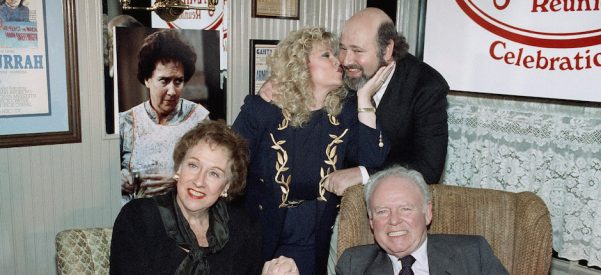How the Bloodiest Mutiny in British Naval History Helped Create American Political Asylum
Outrage Over the Revolt Spurred the U.S. to Deliver on a Promise of the Revolution
The United States has a special history, and thus bears a unique stake, when it comes to the flight of foreign refugees, particularly those seeking sanctuary from oppression and violence. Political asylum has long been a defining element of America’s national identity, beginning most forcefully in 1776 with Thomas Paine’s pledge in Common Sense that independence from Great Britain would afford “an asylum for mankind.”
Curiously, the nation’s decision to admit asylum-seekers was not a direct consequence of our Revolutionary …











